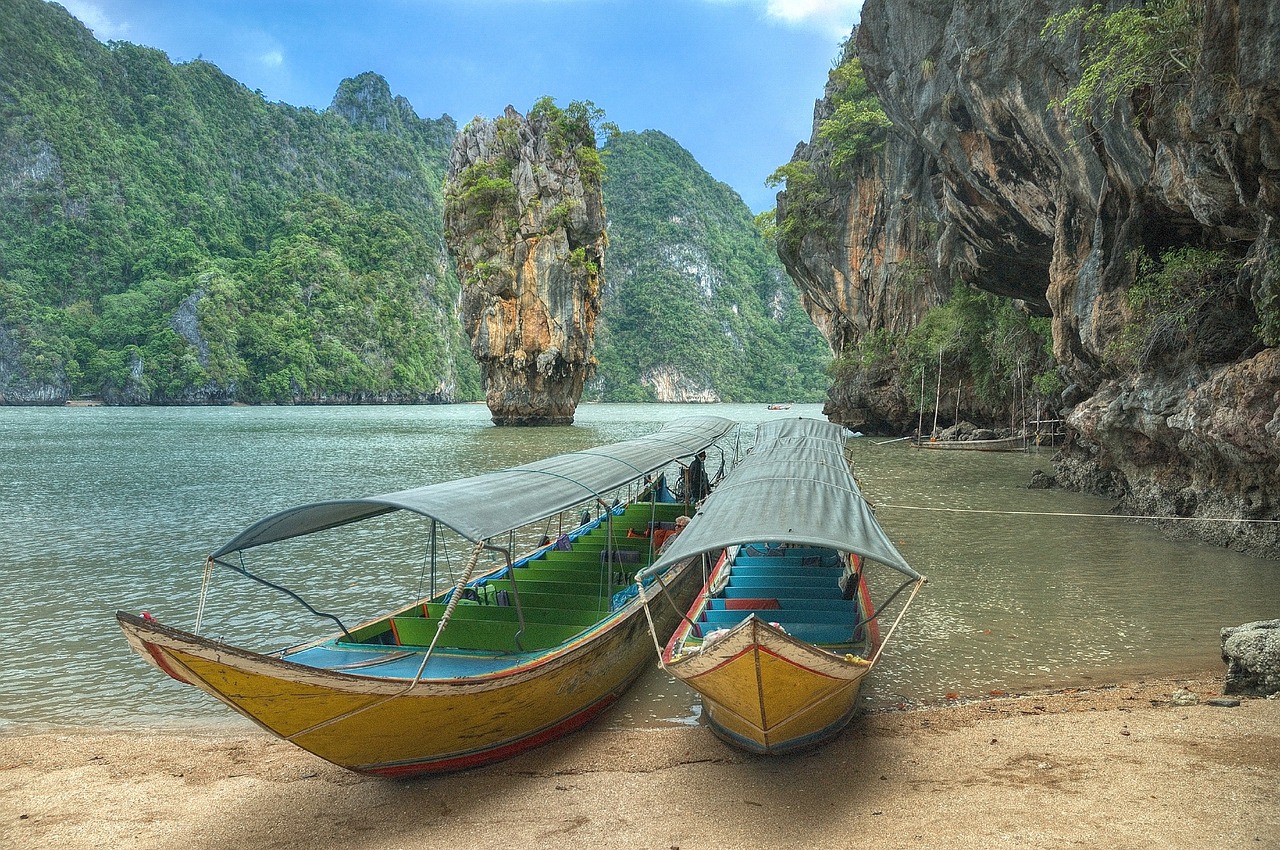Indigenous Tourism: Supporting Local Communities While Exploring Cultural Heritage
Indigenous tourism plays a significant role in empowering local communities by creating economic opportunities and fostering cultural pride. When indigenous communities are able to share their traditions, customs, and knowledge with visitors in a respectful and authentic manner, it not only preserves their heritage but also allows them to take ownership of their narratives. Through tourism, indigenous peoples can showcase their unique way of life, artwork, music, and storytelling, which in turn helps in safeguarding their cultural heritage for future generations.
One of the key benefits of indigenous tourism is the promotion of cultural exchange and understanding between visitors and local communities. By interacting with tourists, indigenous peoples can educate others about their history, challenges, and successes, leading to a greater appreciation and respect for their culture. Moreover, through tourism activities such as craft markets, traditional performances, and guided tours, indigenous communities can bridge cultural divides and foster mutual understanding and respect among people from different backgrounds.
Preservation of Cultural Heritage Through Sustainable Tourism
Sustainable tourism plays a crucial role in the preservation of cultural heritage worldwide. By implementing sustainable practices in tourism, local communities can protect and showcase their cultural traditions, historic sites, and unique way of life. This approach not only helps in preserving the cultural identity of a community but also fosters a sense of pride and ownership among its members.
Moreover, sustainable tourism promotes responsible travel behaviors that minimize negative impacts on the environment and local culture. It encourages visitors to interact respectfully with local communities, learn about their customs and traditions, and support local businesses. Through these interactions, tourists can gain a deeper appreciation for the cultural heritage of a destination, leading to a more authentic and meaningful travel experience.
What is sustainable tourism?
Sustainable tourism is a type of tourism that focuses on preserving the environment, supporting local communities, and promoting cultural heritage.
How does indigenous tourism impact local communities?
Indigenous tourism can have a positive impact on local communities by providing economic opportunities, preserving cultural traditions, and empowering indigenous peoples.
How can sustainable tourism help in the preservation of cultural heritage?
Sustainable tourism can help in the preservation of cultural heritage by promoting cultural awareness, respecting local traditions, and supporting heritage conservation efforts.
What are some examples of sustainable tourism practices?
Some examples of sustainable tourism practices include eco-friendly accommodations, responsible wildlife viewing, and supporting local artisans and cultural events.
How can tourists contribute to the preservation of cultural heritage?
Tourists can contribute to the preservation of cultural heritage by respecting local customs, supporting local businesses, and learning about the history and traditions of the destination they are visiting.





